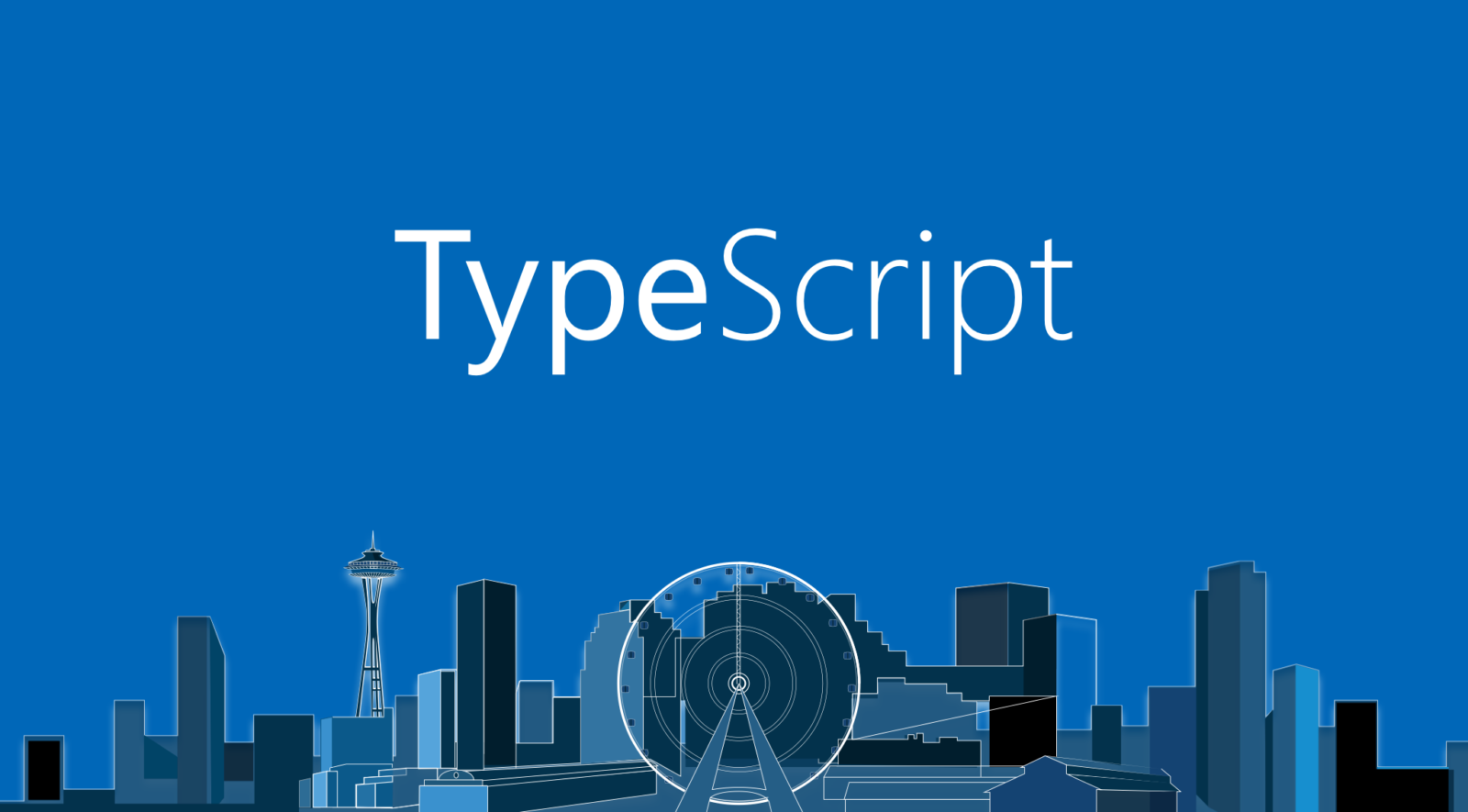

Q. What are the typescript features?
TypeScript is a superset of JavaScript which primarily provides optional static typing, classes and interfaces. Typescript is an extension of ES6.
- TypeScript includes Interfaces, Classes, Enums, Type Inference, Generics, access modifiers, Function etc. TypeScript makes typing a bit easier and a lot less explicit by the usage of type inference.
- TypeScript supports new ECMAScript standards and compiles them to (older) ECMAScript targets of your choosing. This means that you can use features of ES2015 and beyond, like modules, lambda functions, classes, the spread operator, destructuring etc.
- With strict null checks enabled (
--strictNullCheckscompiler flag) the TypeScript compiler will not allow undefined to be assigned to a variable unless you explicitly declare it to be of nullable type. - The TypeScript compiler can inline source map information in the generated
.jsfiles or create separate.mapfiles. This makes it possible to set breakpoints and inspect variables during runtime directly on TypeScript code.
Q. How to pass optional parameter in typescript?
Optional Parameter Syntax
function functionName(par1: number, par2?: number) {
}
Example:
function getSchool(name: string, address?: string, pinCode?: string): string {
//...
}
let school = getSchool("Elementary");
let school2 = getSchool("Little Kid", "UK");
let school3 = getSchool("Rose Tree School", "US", "99501")
Q. How to declare variable so that it can hold multiple values?
Tuples:
It represents a heterogeneous collection of values. In other words, tuples enable storing multiple fields of different types. Tuples can also be passed as parameters to functions.
Syntax:
let tuple_name = [value1, value2, value3,… value n]
Example:
let employee: [number, string] = [10, "reconshell"]; // Create a tuple console.log(employee[0]); // Output: 10 console.log(employee[1]); // Output: reconshell
Q. Explain generics in TypeScript?
Generics offer a way to create reusable components. Generics provide a way to make components work with any data type and not restrict to one data type.
Example:
/**
* Generics
*/
function getArray<T>(items : T[] ) : T[] {
return new Array<T>().concat(items);
}
let numArr = getArray<number>([10, 20, 30]);
let strArr = getArray<string>(["Hello", "World"]);
numArr.push(40); // OK
strArr.push("Hello TypeScript"); // OK
numArr.push("Hi"); // Compiler Error
strArr.push(50); // Compiler Error
Q. How to implement class constants in TypeScript?
In TypeScript, the const keyword cannot be used to declare class properties. Doing so causes the compiler to an error with A class member cannot have the ‘const’ keyword. TypeScript 2.0 has the readonly modifier.
Example:
class MyClass {
readonly myReadonlyProperty = 1;
myMethod() {
console.log(this.myReadonlyProperty);
}
}
new MyClass().myReadonlyProperty = 5; // error, readonly
Q. What is getters and setters in TypeScript?
TypeScript supports getters/setters as a way of intercepting accesses to a member of an object. Getters enable us to bind a property to a function that is called when the property is accessed, whereas setters bind a property to a function that is called on attempts to set the property.
Example:
/**
* Getters and Setters
*/
class Employee {
private _name: string;
get Name() {
return this._name;
}
set Name(val) {
this._name = val;
}
}
let employee = new Employee();
employee.Name = "reconshell";
console.log("Name" + employee.Name); // reconshell
⚝ Try this example on CodeSandbox
Q. Is that TypeScript code valid?
class Point {
x: number;
y: number;
}
interface Point3d extends Point {
z: number;
}
let point3d: Point3d = {x: 1, y: 2, z: 3};
Yes, the code is valid. A class declaration creates two things: a type representing instances of the class and a constructor function. Because classes create types, we can use them in the same places we would be able to use interfaces.
Q. Explain decorators in TS?
Decorators can be used to modify the behavior of a class or become even more powerful when integrated into a framework. For instance, if your framework has methods with restricted access requirements (just for admin), it would be easy to write an @admin method decorator to deny access to non-administrative users, or an @owner decorator to only allow the owner of an object the ability to modify it.
Example:
/**
* Decorators
*/
class Employee {
get() { }
post() { }
@admin
delete() { }
@owner
put() { }
}
Q. What is the difference between interface and type statements?
| Interface | Type |
|---|---|
| An interface declaration always introduces a named object type. | A type alias declaration can introduce a name for any kind of type, including primitive, union, and intersection types. |
| An interface can be named in an extends or implements clause. | Type alias for an object type literal cannot be named in an |
| Interfaces create a new name that is used everywhere. | Type aliases don’t create a new name. |
| An interface can have multiple merged declarations. | Type alias for an object type literal cannot have multiple merged declarations. |
Example:
/**
* Interface vs Type
*/
interface X {
a: number
b: string
}
type X = {
a: number
b: string
};
Q. What is Rest parameters?
The rest parameter is used to pass zero or more values to a function. It is declared by prefixing the three dot characters (‘…’) before the parameter. It allows the functions to have a variable number of arguments without using the arguments object.
Rules:
- Only one rest parameter is allowed in a function.
- It must be an array type.
- It must be a last parameter in the parameter list.
Example:
/**
* Rest parameters
*/
function sum(a: number, ...b: number[]): number {
let result = a;
for (let i = 0; i < b.length; i++) {
result += b[i];
}
console.log(result);
}
let result1 = sum(3, 5);
let result2 = sum(3, 5, 7, 9);
Q. Explain enum datatype in TypeScript?
Enums or enumerations are a TypeScipt data type that allow us to define a set of named constants. Using enums can make it easier to document intent, or create a set of distinct cases. It is a collection of related values that can be numeric or string values.
Example:
/**
* Enum Datatype
*/
enum Gender {
Male,
Female
Other
}
console.log(Gender.Female); // Output: 1
//We can also access an enum value by it's number value.
console.log(Gender[1]); // Output: Female
Q. First line below gives compile error, second line doesn’t. Why?
someService.someMethod(x); someService['someMethod'](x);
The Typescript is a github repository by Pradeep Kumar






























Leave a Reply